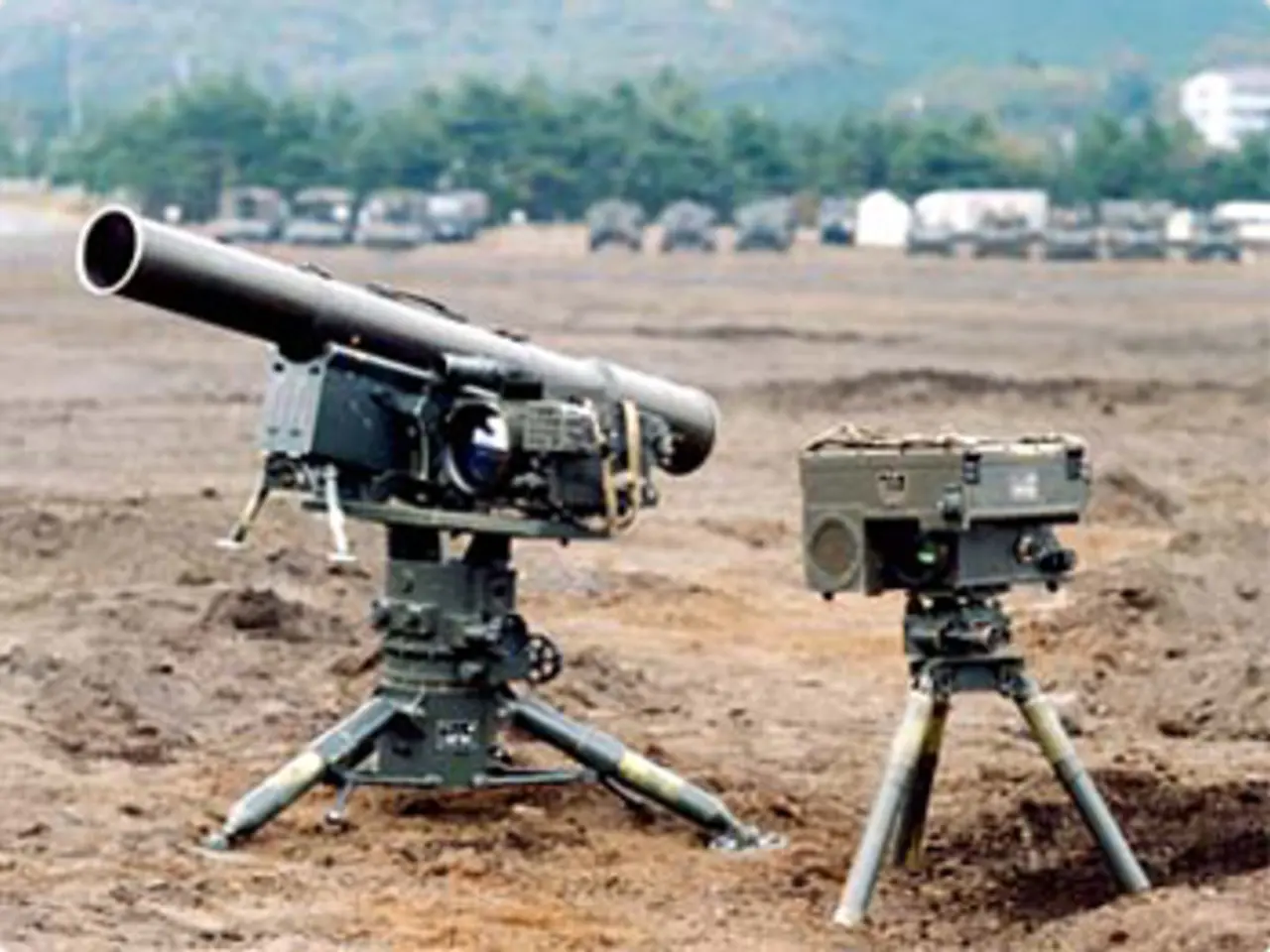Fire service cuts in Scotland pose a potential threat to lives, warns union.
Fire Service Changes in Scotland: Implications for Public Safety
The Fire Brigades Union (FBU) is raising alarm bells over potential safety risks stemming from proposed alterations to Scotland's fire service. While the Scottish Fire and Rescue Service (SFRS) assures that public safety will remain unscathed, these changes – spanning up to 13 station closures, modified night and weekend cover, and the withdrawal of ten appliances – have sent ripples of worry across the nation.
Among the proposals are the potential shutdown or merging of five stations in cities like Dundee, Glasgow, Edinburgh, and Musselburgh. The offfering of 23 options, to be unveiled on Wednesday, affects more than 30 stations in 14 local authority areas, with the service itself admitting that further alterations are likely in the years to come.
These plans mark the first significant national operational overhaul since the SFRS was established in 2013. While the SFRS argues that changes are crucial to focus resources where they are most essential in light of current community risks and modern challenges such as extreme weather and wildfires, unions and local stakeholders fear that cuts may likely prove lethal by diminishing immediate fire and rescue capabilities in certain areas.
The SFRS grapples with substantial financial pressures, including a backlog of over £800 million for essential building, fleet, and equipment repairs, thereby limiting investment opportunities. On the flip side, critics question whether these changes could hinder the ability to address diverse incidents effectively if not executed carefully and with considerable public input and ongoing operational review.
Public concern also extends to the potential loss of confidence in fire safety provisions, particularly in affected regions. The consultation process aims to incorporate community feedback to balance cost savings with safety priorities. While the reform is part of a broader strategy to streamline Scotland's public services, critics argue that station closures and appliance withdrawals could undermine public safety during emergencies by weakening emergency response capacity and coverage.
In essence, the potential drawbacks include extended response times, reduced local availability of firefighting resources, and difficulties in meeting modern risks. However, the government and SFRS stress the necessity of these changes due to financial constraints and evolving service demands. It's a delicate dance between efficiencies and safety, with the latter taking center stage in this high-stakes balancing act.
- Concerns over potential safety risks have arisen as a result of proposed changes in politics and general-news, as the Fire Brigades Union (FBU) voice alarm bells over alterations to Scotland's fire service.
- The implications of these changes, which include crime-and-justice matters such as the potential reduction of immediate fire and rescue capabilities in certain areas, have sent ripples of worry across the nation.




